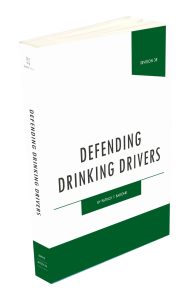Search
Super Bowl Coach Facing DUI Causing Serious Injury Charges
The Superbowl has dominated the recent headlines, but an unfortunate story involving one of the Chiefs’ coaches, and the son of Head Coach Andy Reid, has also captured national attention. Britt Reid was involved in a car accident wherein two young children were injured including one who is listed in serious life-threatening condition with a brain injury.
According to some initial Reports, the coach was driving onto an on-ramp and struck a disabled vehicle and then collided into a car that was providing assistance. The accident resulted in the two minor children being seriously injured.
Mr. Reid admitted to drinking 2-3 alcoholic drinks prior to the accident, and a police report and warrant indicated a moderate odor of alcoholic beverages. If there is evidence that alcohol may have been involved, then it is common that a warrant for a blood draw will be obtained.
 Michigan Criminal Defense Lawyer Blog
Michigan Criminal Defense Lawyer Blog


